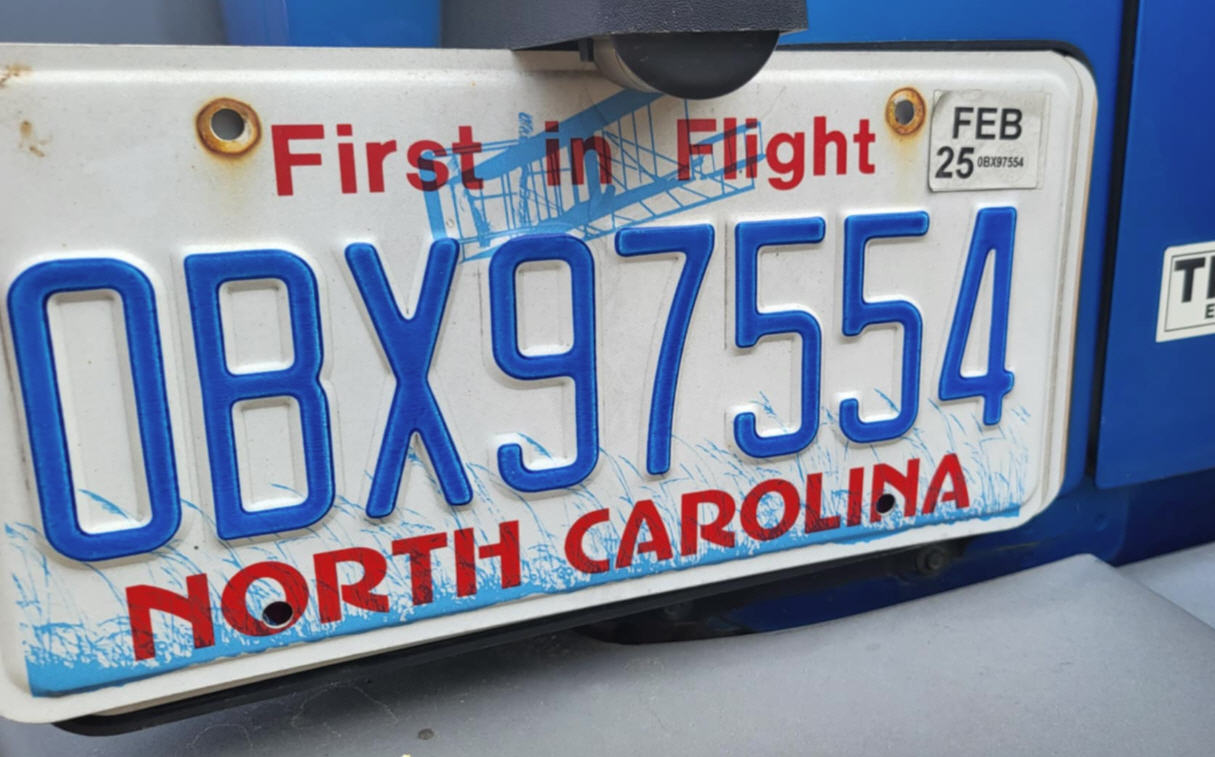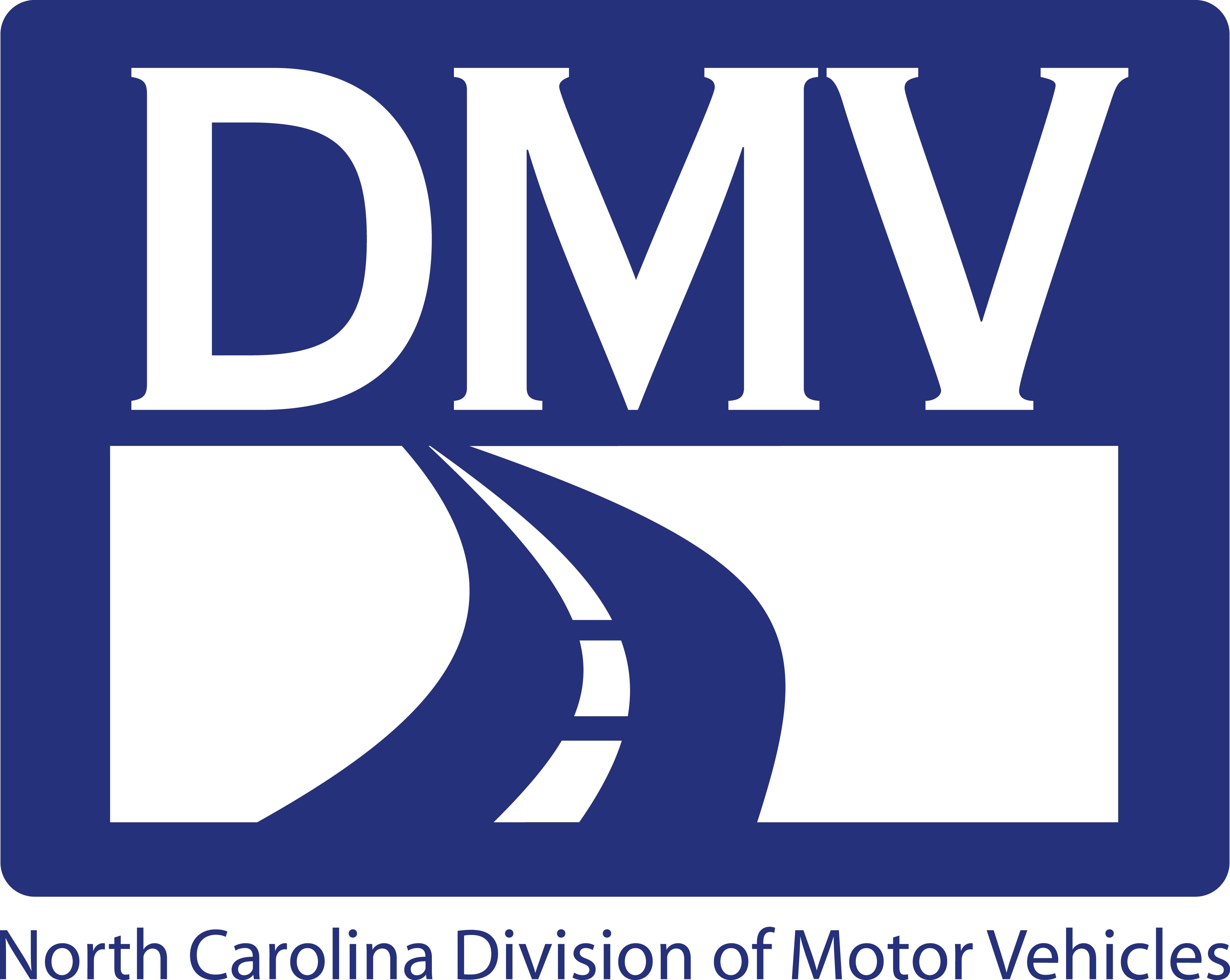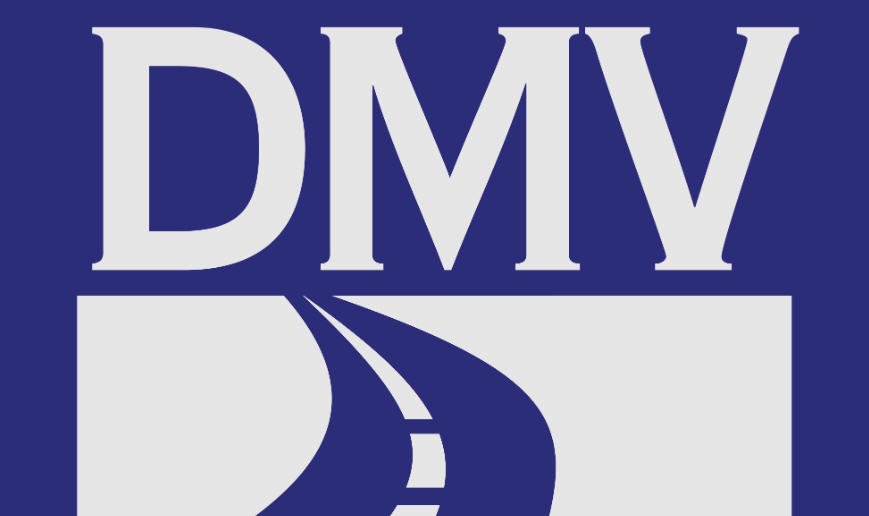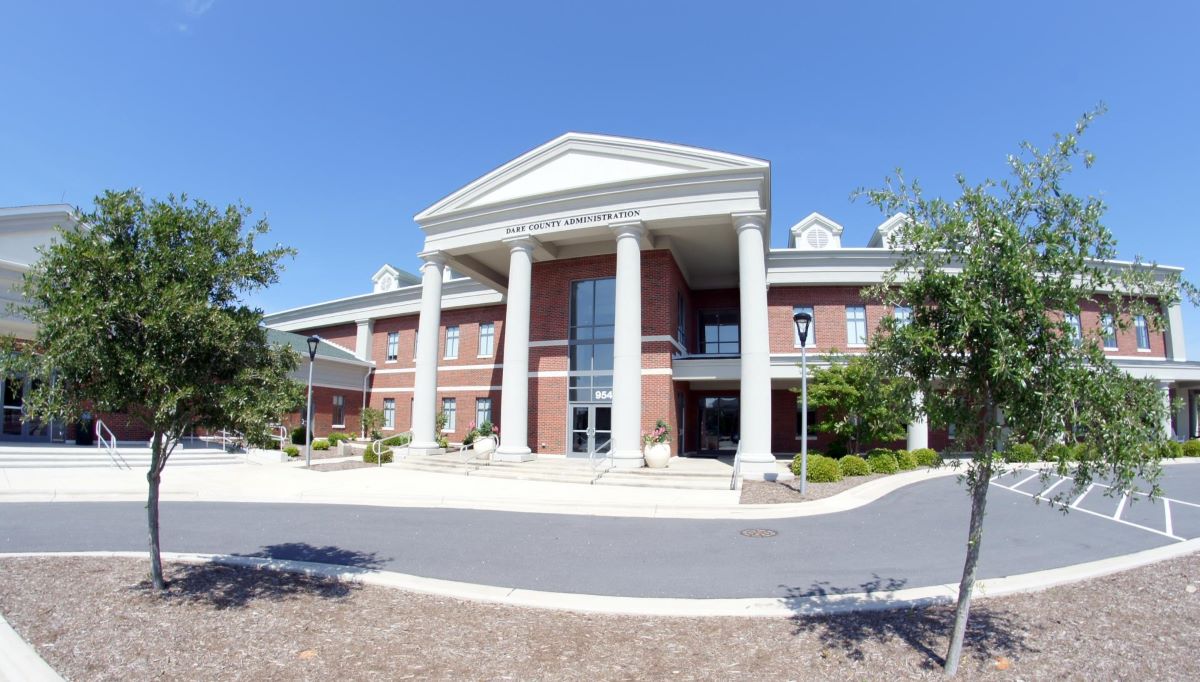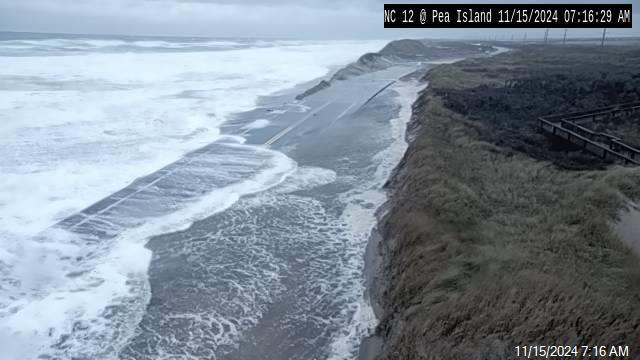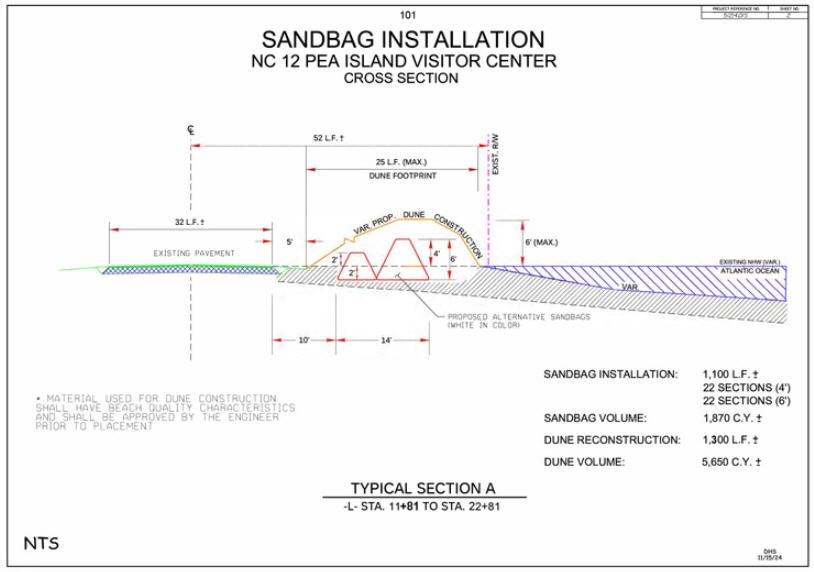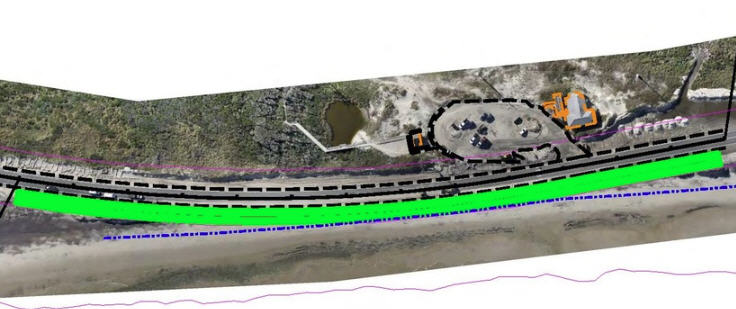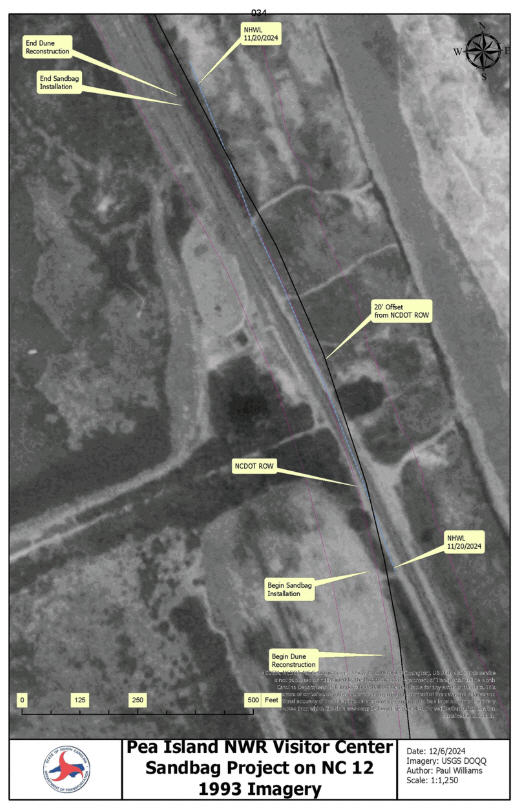Senate budget includes tolls on all ferries—again – but not by July 1
By CATHERINE KOZAK
Tolls for the Hatteras-Ocracoke ferry are included in the proposed state Senate bill, but another measure that would eliminate tolling for all state ferry routes is still kicking around.
The uncertainty has resulted in a reprieve for the Cedar Island and Swan Quarter routes, which were scheduled to have toll increases by July 1.
Approved Thursday, the Senate’s $20.6 billion spending plan was sent to the House, which is expected to introduce its version next week. Lawmakers will then reconcile the versions and send a final budget to the governor before the end of the fiscal year on June 30.
The proposed Senate budget would instruct the state Department of Transportation to start collecting tolls by Nov. 1 on all seven ferry routes, including the currently free Hatteras-Ocracoke and Knotts Island ferries.
A compromise was worked out in the General Assembly last year in which those two ferries were allowed to remain untolled, and Republican state Sen. Bill Cook of Beaufort County said he opposes the tolls on those two ferries in this budget.
“In the coastal counties, many of which are Tier I and II counties, the ferry riders are mostly folks going to work,” Cook said in a statement. “The river ferries are virtually all commuter traffic, including school buses going to and from school, and folks going to the doctor’s office or doing everyday shopping.”
Cook said he will continue to work to find alternative ways “to reduce this inequitable transportation burden.”
House Bill 475, meanwhile, remains alive in a committee. The bill, which has several sponsors including Rep. Paul Tine, D-Dare, seeks to fund the ferries with advertisements on the vessels and other innovative revenue sources.
The Ferry Division cannot implement the authorized ferry toll increases until the budget process is resolved, said state Department of Transportation spokesman Steve Abbott.
Even if the Senate bill is approved as is, he said, it would take time to determine the amount of the Hatteras-Ocracoke ferry toll, and set up a ticketing system.
“We’re sort of in a wait and see pattern,” he said.
DOT’s new funding formula for transportation projects, called the Strategic Mobility Fund, will also not be implemented until it is approved and signed, Abbott said.
But the program, which would replace the general highway fund, has not been as controversial as the ferry tolling proposal.
Abbott said that the Senate bill has removed the Mid-Currituck Bridge from consideration as a toll project.
Another significant impact in the Senate budget is the removal of any funding for the North Carolina Center for the Advancement of Teaching and potentially the sale or transfer of the Ocracoke and Cullowhee campuses.
“We have lots of questions,” NCCAT executive director Elaine Franklin said on Thursday.
From what she has been able to glean, it appears that the Senate bill is looking to make the Cullowhee campus part of Western Carolina University, which is located across the highway.
But Franklin said it is yet to be determined what the state would do with the Ocracoke campus, a renovated Coast Guard station which was opened in 2007.
“I’m not sure what they’re thinking,” she said.
The state slashed NCCAT’s budget 50 percent in 2011, resulting in a loss of more than 50 positions at both locations as well as most of the seminars.
Franklin said that she remains hopeful that the lawmakers will see the value of the teacher support and training that NCCAT provides for all the state’s educators, and that the final budget will retain funding for the campuses.
The Senate bill would also:
Raise fees by 25 percent for several commercial fishing licenses, fishing tournaments, and fishing vessel registrations.
Change the blanket recreational fishing license to be available for the captain or the vessel, rather than just the vessel.
Fund one year of the At Sea observer program. The Division of Marine Fisheries would conduct three meetings with stakeholders to determine ways to raise revenue to fund additional years of the program.
Eliminate the oyster shell recycling program.
Scale down the Coastal Resource Commission from 15 to 13 members. Of those, four members would be retained until July 2014.
Reduce the CRC advisory council from 45 to 20 members. Terms of all current members would expire on June 30.
Repeal the Clean Water Management Trust Fund.
Eliminate all state funding for the Center for Rural Economic Development.






